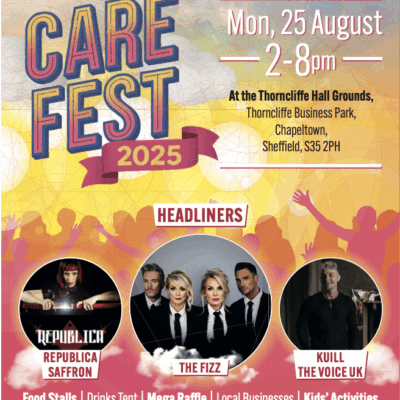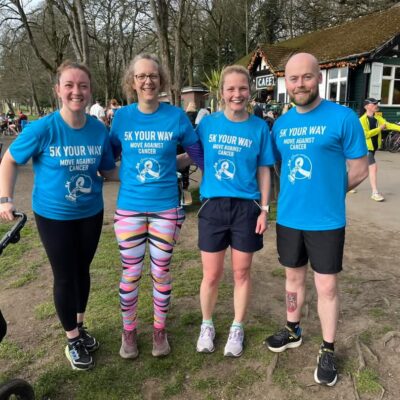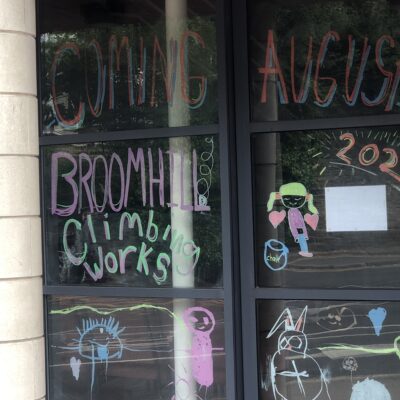Students and young people have had mixed reactions to the main parties’ policies aimed at them following Sheffield’s local elections yesterday.
Labour pledged to expand the tram network and re-open old rail lines for new tram-train services, as well as create an integrated bus and tram network, allowing one ticket to be used across both services.
Student Keira Cunningham, 19, said the party’s plans sounded promising: “It’s reducing resources in terms of printing tickets so there will be less waste.
“It will also allow public transport to be more reliable as buses and trams in the city centre can get quite manic and may not always run smoothly.”
The Lib Dem’s manifesto said they will support the city’s night-time economy and help people feel safe at night and reduce anti-social behaviour by expanding the use of city ambassadors and community resilience wardens.
Elliott Hill, 19, said: “As students, lots of us have felt nervous or unsafe when on a night out, so the proposed community wardens would be a welcome sight to help us feel comfortable.
“Also, Sheffield is home to some iconic venues, and boosting the night-time economy would help to continue the city’s arts and culture, which was a big draw to study here.”
Green Party spokesperson Douglas Johnson said: “The Green Party puts climate change at the heart of everything it does. This is of vital importance to young people, where previous generations have failed them.
“And we work to transform jobs of the future to be green ones: creating and promoting new jobs in new industries from fitting solar panels to designing new water engineering roles to address nature-based solutions to flood prevention.”
Student Ewan Kennedy, 18, said, “I use public transport a lot and I don’t feel it needs improving despite being a key issue on their manifesto.
“I feel there are other areas they could target to improve before looking at public transport.”
Twenty nine seats on the 84-seat Sheffield City Council were up for election and were last contested in 2021.
The council remained in No Overall Control, though Labour gained two councillors to reach a total of 35.
Seven Lib Dems were elected, losing two seats and lowering their overall number to 27.
The Greens held their existing six seats, keeping their total at 14.
Independents picked up a seat to bring their total to eight, while the Conservatives lost their only seat on the council.




